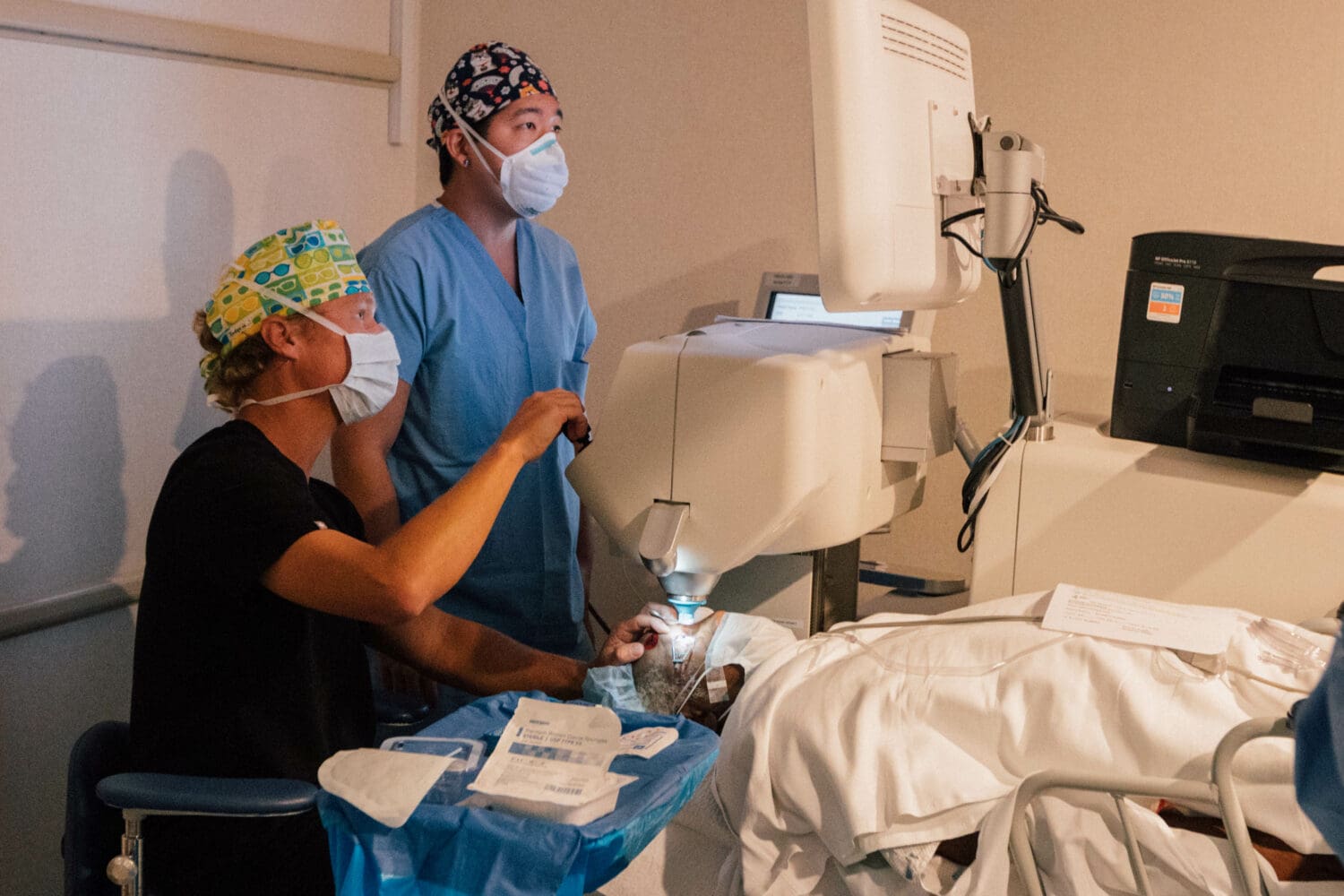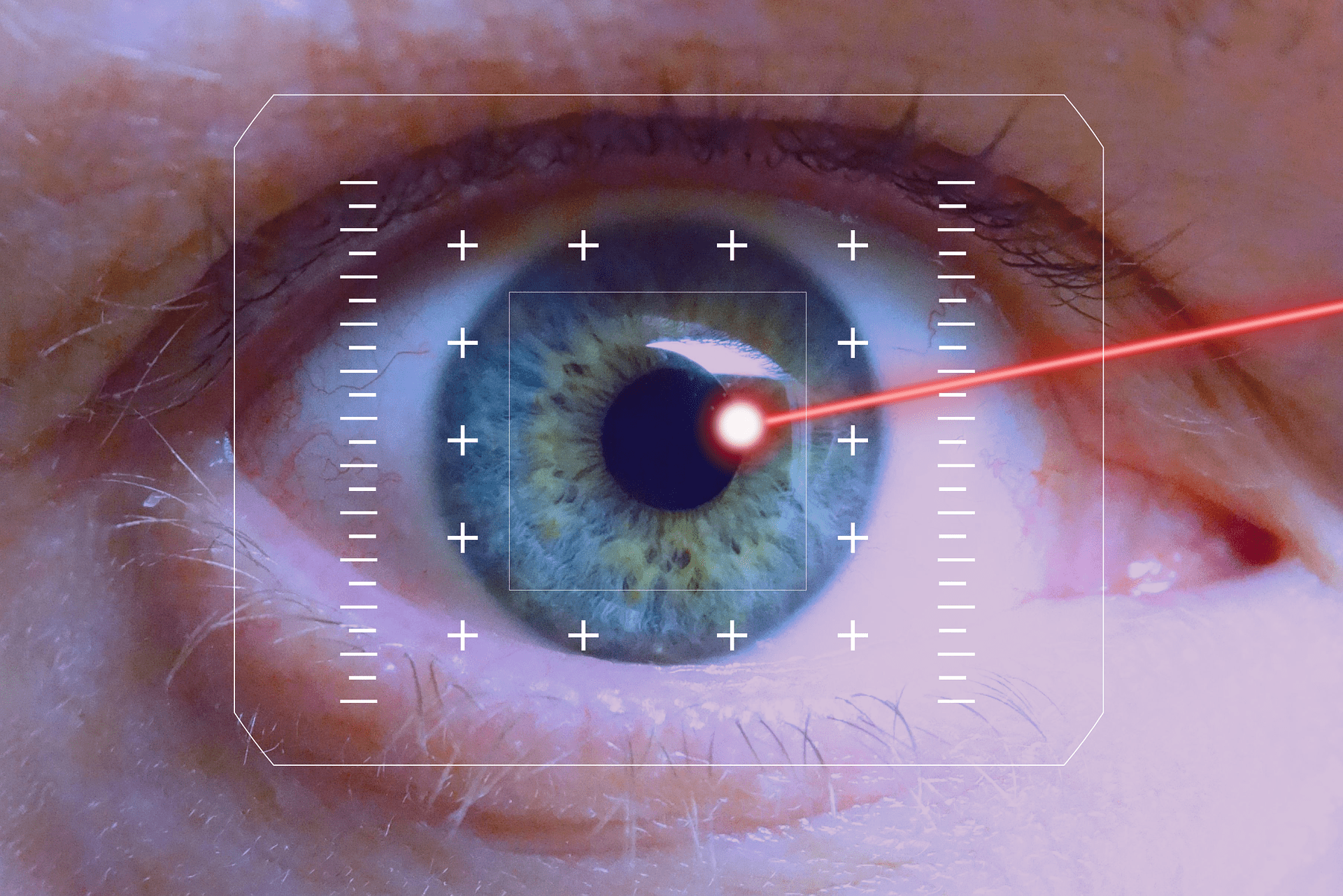LASIK eye surgery has transformed the lives of millions by offering a long-term solution to…

Evaluating the Long-Term Success of LASIK-Enhanced Vision
LASIK, or Laser-assisted in Situ Keratomileusis, is a revolutionary advancement in vision correction. It offers a clear and hassle-free vision for those who have struggled with glasses or contacts. Before considering LASIK, individuals should carefully evaluate its long-term success and benefits.
Achieving Clear Vision
LASIK surgery aims to correct refractive errors like nearsightedness (myopia), farsightedness (hyperopia), and astigmatism. By reshaping the cornea, LASIK can significantly improve visual acuity, reducing or eliminating the need for glasses or contact lenses. Many patients experience improved vision almost immediately after the procedure, with results stabilizing over the following weeks. Achieving clear vision after LASIK surgery requires more than just the procedure itself. One important factor in achieving clear vision after LASIK is proper post-operative care. Following your surgeon’s instructions and attending all follow-up appointments is crucial for optimal healing and vision outcomes. This may include using prescribed eye drops, avoiding strenuous activities or rubbing your eyes, and wearing protective eyewear
Considerations for the Long-Term
While the initial success of LASIK is often remarkable, patients should consider the long-term implications of the procedure. It’s important to recognize that LASIK doesn’t stop the natural aging process of the eye. Individuals may still experience age-related vision changes, such as presbyopia (difficulty focusing on close objects) as they get older. These changes are not typically addressed by LASIK and may require reading glasses. While LASIK can correct certain refractive errors, it doesn’t address other eye conditions like cataracts or glaucoma. These issues may develop later in life and may require separate treatment. It’s essential to consult with an eye care professional who can assess your overall eye health and recommend the most suitable vision correction options, including LASIK.
Consultation with an Eye Care Professional
The decision to pursue LASIK should always start with a thorough consultation with an experienced eye care professional. Only a qualified ophthalmologist can assess your unique visual needs, the health of your eyes, and your eligibility for LASIK surgery. During the consultation, your eye care provider will discuss the potential risks, benefits, and expected outcomes of LASIK. Your eye care professional will also provide guidance on maintaining your eye health and vision in the long term. They can offer recommendations for preventive measures, follow-up appointments, and alternative options if LASIK is not suitable for your specific needs.
The long-term success of LASIK-enhanced vision depends on several factors, including an individual’s eye health, age, and specific visual requirements. Their expertise can guide you toward the best choices to ensure a lifetime of clear and healthy vision.
If you are considering LASIK or other vision correction options, contact our experienced team of eye care professionals today. We are dedicated to helping you achieve and maintain a clear, healthy vision for the long term.



